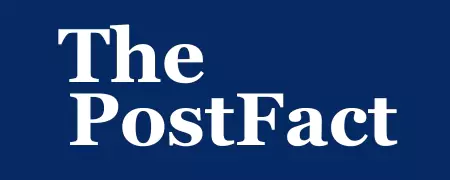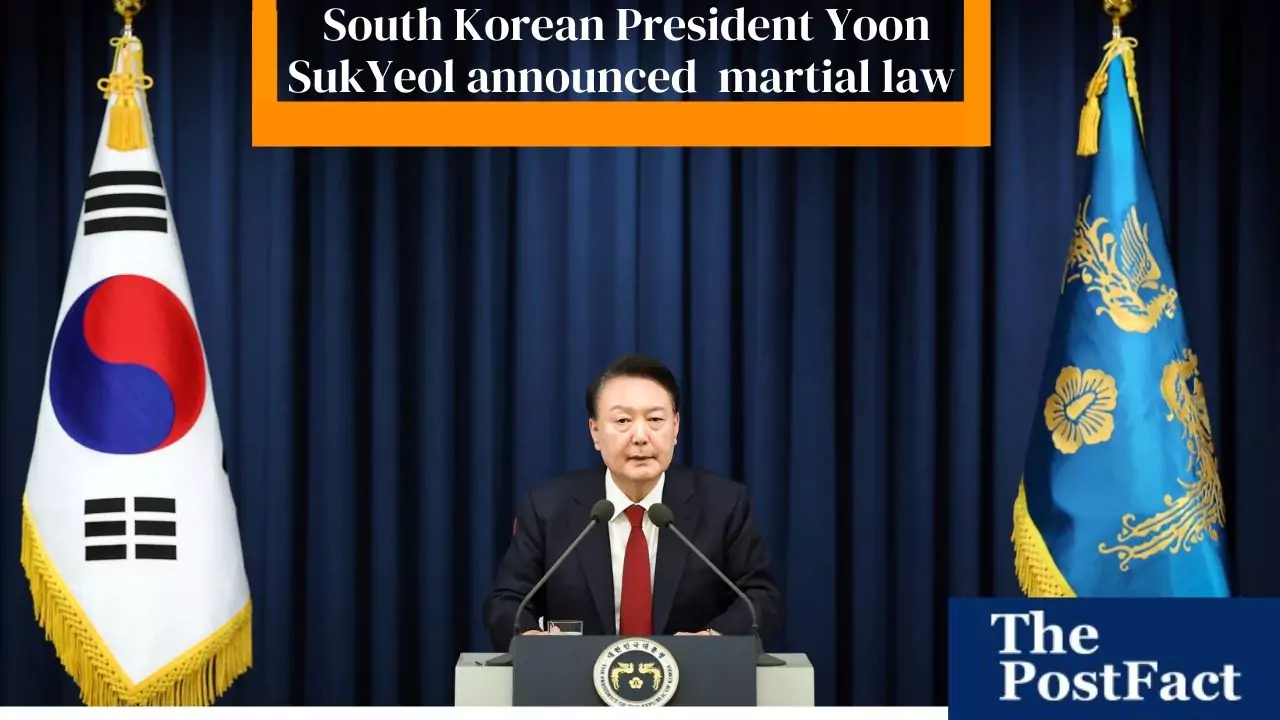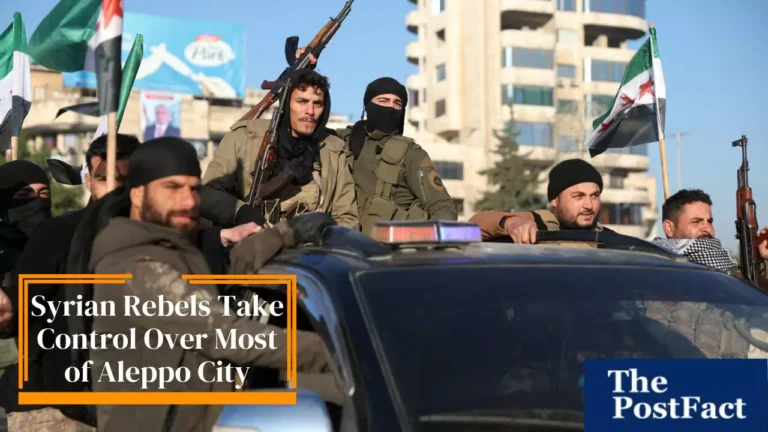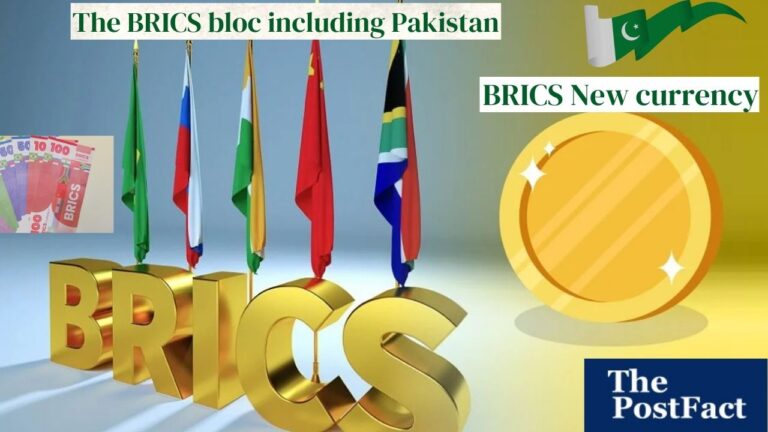South Korean President Yoon Suk Yeol Announces Martial Law
The move by President Yoon Suk Yeol to declare martial law was a serious miscalculation. Within hours, lawmakers in parliament – backed by 190 of the 300 members – passed a motion demanding that the president lift the order.
Troops began to withdraw from outside parliament, and Mr Yoon bowed to the National Assembly’s demand just before dawn on Wednesday.
South Korea’s first martial law in 30 years
The president declared martial law Tuesday night after he couldn’t get his proposed budget through parliament and he accused the opposition of trying to impeach him. The move threw the nation into turmoil.
In a nationally televised address, Yoon Suk Yeol said the opposition’s “legislative dictatorship” was blocking him from carrying out his duties, including defending the country’s economy and protecting its citizens. He called for the declaration of martial law to combat what he characterized as “shameless pro-North Korean anti-state forces” that are plundering citizens’ freedom and happiness.
It was a dramatic turn for a president who had enjoyed high approval ratings but now finds himself in the midst of political deadlock with an opposition-dominated parliament and scandals involving his family. He has vowed to fight “all anti-state elements” to safeguard South Korea’s liberal democracy, but provided no details.
His declaration was immediately denounced by the opposition and even by the leader of his own party, who vowed to work with citizens to stop it. By early Wednesday, 190 lawmakers who made it to parliament had passed a motion calling for martial law to be lifted. But it is unclear how quickly that can happen since any political activities are banned under the order. The country’s stock market fell but later recovered. The won strengthened against the US dollar.
It’s a rebuke to the opposition
Yoon declared martial law Tuesday night claiming to safeguard the country from “anti-state forces” and threats from communist North Korea. He called for the military to take control of parliament and other buildings in a declaration that immediately drew condemnation from the opposition and the leader of Yoon’s own party. Armed police and troops were seen outside parliament as helicopters circled above the building. Inside, lawmakers fought their way past soldiers to vote against the president’s decree.
The decree gives the military temporary ruling powers and bans protests and political activity by groups like political parties. It also requires that the president’s office attend all meetings of parliament, even though he is not a member of the 300-member body. In the early hours of Wednesday, 190 lawmakers voted unanimously to strike down the decree and the military began to withdraw its presence from the National Assembly building.
The move by Yoon — who has struggled to assert his authority in parliament since taking power in 2022 — is likely to end up costing him political capital. Analysts say he will be accused of overreach and could be impeached. If he is impeached, the country’s constitutional court would then hold a trial to decide whether or not he should remain in office. If two-thirds of the 300-member parliament support an impeachment motion, he will have to step down.
It’s a sign of weakness
Yoon’s martial law declaration was a dangerous step that escalated a political conflict to unthinkable levels. It was a direct rebuke of his own party and the people.
Martial law grants the military temporary ruling power and bars protests and rallies unless approved by the government. The decree also outlaws “denying free democracy and attempting subversion,” as well as “fake news and manipulating public opinion.” It allows police to raid and arrest people without a warrant, according to the Yonhap News Agency. It also bars workers from engaging in strikes or work stoppages, including doctors who were taking part in a walkout.
Despite his claims about protecting the country from anti-state elements and threats from North Korea, Yoon was battling for his own political survival at home. He had been in a feud with the opposition Democratic Party, which has impeached top prosecutors and blocked government budget proposals. His approval ratings have plummeted to rock bottom and his decision to invoke martial law is a clear sign of frustration.
CNN’s team in Seoul saw citizens running to be with their family members after the announcement, telling them they feared being arrested by law enforcement under martial law. That’s a reminder of the instability that comes with this type of rule, even though President Yoon has lifted his declaration following parliament’s vote to block it.
It’s a warning to North Korea
After a short-lived attempt to declare martial law, President Yoon Suk Yeol has backtracked and ordered troops to withdraw. The move was widely criticized by opposition lawmakers and even members of the president’s own party, who called it unconstitutional and a coup d’etat.
The president’s televised declaration Tuesday night sent hundreds of citizens to the National Assembly building in Seoul to protest, where police formed barricades and stood guard outside the chamber. CNN’s international correspondent Mike Valerio reported that some rushed in through windows to avoid arrest. Other people waited outside, worried that their loved ones could be detained without warrants.
During the televised address, Yoon accused the main opposition party of sympathizing with North Korea and engaging in antistate activities. He also warned that all political activities such as rallies, the forming of political parties and strikes could be restricted by martial law.
Yoon’s order gave the military broad powers to arrest people suspected of violating the constitution or posing a threat to public security, Reuters reported. He argued that his decree was necessary to protect citizens from threats, including the possibility of a possible nuclear attack from the North.
The White House said it was “relieved” that Yoon had reversed course and withdrawn the order, adding that democracy is at the heart of the United States’ alliance with South Korea. Thousands of Americans are stationed in the country, where 28,500 troops are guarding against North Korea’s nuclear ambitions.







